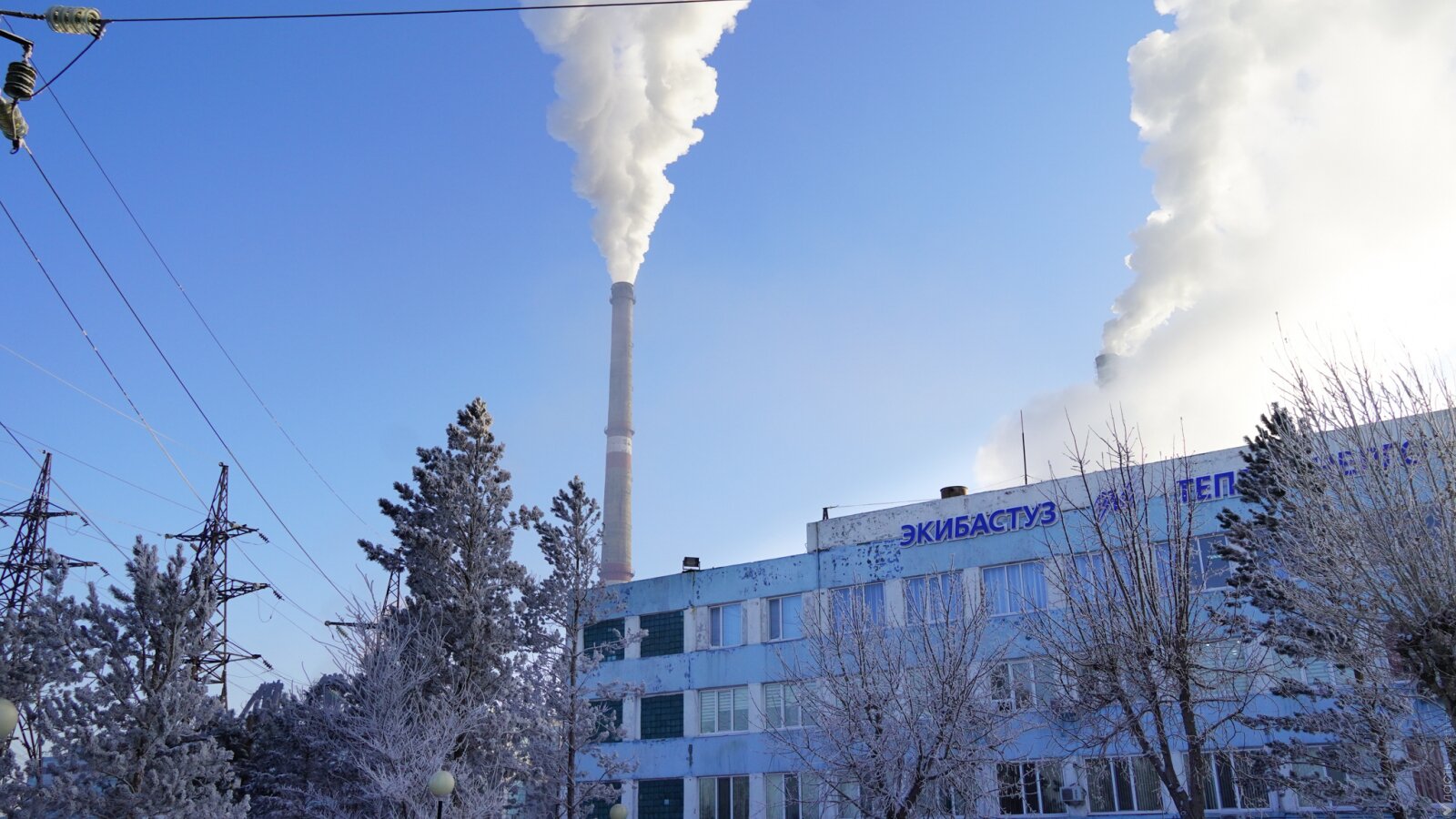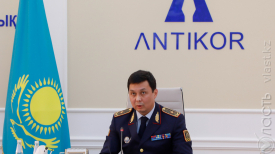- ВКонтакте
- РћРТвЂВВВВВВВВнокласснРСвЂВВВВВВВВРєРСвЂВВВВВВВВ
Years ago, journalists focusing on Central Asia raised eyebrows when strange, “foreign” investors poured money into Tashkent City, a real estate development in the middle of Uzbekistan’s capital. When they started pulling that thread, media outlets unraveled a connection between the family of Khabibula Abdukadyr and Kyrgyzstan’s “most corrupt” Raimbek Matraimov. New revelations unveiled by OCCRP, Vlast, Kloop, and RadioOzodlik on April 27 show just how widespread the empire of the Abdukadyr family had become, allegedly through money laundering and under the complacent oversight of Central Asian leaders.
Former head of the security service Karim Massimov was sentenced to 18 years in prison for high treason and attempted forced seizure of power on April 24. Massimov was the head of the national security committee (KNB, in its Russian acronym) when urban violence erupted across Kazakhstan in January 2022. Together with several other KNB officials, Massimov was pointed at as the principal mastermind of an attempted coup d’etat. The trial against him was held behind closed doors.
Minister of economy Alibek Kuantyrov said on April 26 tariffs for public utilities are poised to increase this year between 10% and 30%. He said the increase would be “smooth” and that tariffs should remain affordable to the population. The government said the extra profits would be used to renovate aging infrastructure.
Telecom companies have failed to invest in renovating infrastructure and improving their service, prime minister Alikhan Smailov said during a government meeting on April 25. It is more convenient for network operators to pay fines than to allocate capital for long-term investment projects, according to Smailov.
On April 25, the government said it would reconsider the legality of the privatization of an oil service company, while on April 28 the management of state-owned Kazmunaigas said they found several violations at local subsidiary Ozenmunaigas, operating in Zhanaozen, in the Mangistau region. Laid-off workers from Zhanaozen, who worked for service companies under contract with Ozenmunaigas, went to Astana to protest their working conditions on April 11.
A court in Bishkek ordered on April 27 that Azattyk Media, the Kyrgyz service of Radio Free Europe/Radio Liberty, stopped its activity. Kyrgyzstan’s ministry of culture had filed a lawsuit in January against Azattyk after it unsuccessfully requested the media outlet to take down a video from the Tajik-Kyrgyz border conflict from late 2022.
Serik Kudebayev, the former head of police of the Almaty region, was arrested on April 27 while on the run in Turkey, the General Prosecutor’s Office said. On trial for abuse of power during Qandy Qantar (Kazakh for “Bloody January”), Kudebayev had managed to flee the country in March. On April 28, an Almaty region court found him guilty and sentenced him to 10 years in prison.
Two microfinance organizations could be registered as banks this year, head regulator Madina Abylkassymova said on April 26. In recent months, KMF and Solva, two of the largest microfinance institutions in the country, had undergone a review to receive a banking license.
Bereke Bank, the former subsidiary of Russia’s Sberbank in Kazakhstan, could be sold to foreign investors, Abylkassymova said. State holding Baiterek now owns the bank and is considering offers from Qatari, Georgian, and European investors, according to the financial regulator.
Since 2020, Kazakhstan’s government has not held parades in honor of May 9, the date celebrating the victory over Nazi-Fascism in World War II. The ministry of defense said on April 24 that it would instead direct budget monies to supporting veterans and their families.
Поддержите журналистику, которой доверяют.








